Biography of Ronaldo Luis Nazario de Lima
In the biography of Brazilian football player Ronaldo, it is stated that: Ronaldo Luiz Nazario de Lima was born on September 22, 1976 in Rio de Janeiro, Brazil.
He started playing football at Clube Tenis Valquere, a local futsal team in the Bento Ribeiro region (the region where he was born). At first, he wanted to be a goalkeeper, but due to the lack of time he spent on the team, he became interested in the attack. Ronaldo joined the Futsal Clube Sucia Ramos Bento Ribeiro at the age of 13. Two years later, he moved to the São Cristobal team, where he played on the big fields. Ronaldo received an offer to play for the Brazilian national under-17 team due to his great ability in the game, on the one hand, and on the other hand, he was noticed by Cruzeiro from Belo Horizonte, which took place in 1993.
In his first season in the Brazilian football league, the Brazilian Ronaldo scored 12 goals in 14 games. To these should be added the 22 goals he scored in the Minas Gerais regional league.
After making his international debut in 1994 and participating in the World Cup in the United States, he attracted the attention of several European clubs. Although the two big Italian teams, Juventus Turin and A.C. Milan, were also among these teams, Ronaldo moved to the Dutch club PSV Eindhoven for 9.5 million marks at the suggestion of his Brazilian teammate Romario. This was the highest fee ever paid for a Brazilian player at the time.
Ronaldo played 57 official matches for PSV Eindhoven in the Netherlands from 1994 to 1996, scoring 54 goals. In 1996, he joined Barcelona for 30 million marks. Although he only stayed with the team for one season, he was very successful during that time. Ronaldo scored the winning goal for Barça in the European Cup final against defending champions Paris Saint-Germain and became the top scorer of Spanish clubs in 1997 with 34 goals. He was also named FIFA World Player of the Year twice during this period, in 1996 and 1997, and UEFA Player of the Year once in 1997, both times becoming the youngest player to achieve this feat.
Ronaldo moved to Italian club Inter Milan at the start of the 1997/98 season. The Nerazzurri hoped to break the dominance of Juventus and Milan in Serie A and win their first title since 1989 by signing Ronaldo. The transfer cost Inter 50 million marks, a world transfer record at the time. That season, Inter finished runners-up in Serie A and won the UEFA Cup. Ronaldo, despite being the top scorer in every league in his first season, also became the second top scorer in Italy that season, behind Germany’s Oliver Bierhoff.
The following season was a disaster for Inter Milan. They finished eighth in the league and failed to qualify for any of the European competitions. Ronaldo suffered his first minor injury this season, making only 19 appearances and scoring 14 goals. The following season, his injuries worsened. In November 1999, Ronaldo suffered a serious injury to his right knee and, four months later, when he returned to the field, he was forced to leave the field in the first match, in the sixth minute, due to a second ligament tear in his right leg. After a 17-month break, he returned to the field on 20 September 2001 in the UEFA Cup against Romanian team F.C. Brașov. With Ronaldo’s brilliance in the second leg of the 2001/2002 season (scoring 7 goals in 10 games), Inter had a chance to win the league until the final week of the league. A 2–4 defeat to Lazio on the final day saw Juventus go top of the table. In contrast, at the 2002 World Cup in Japan and South Korea, Ronaldo made an effective comeback as Brazil won the championship.
After that, the Brazilian Ronaldo left Inter Milan and joined Real Madrid for 45 million euros, becoming the third foreign superstar of the team after Luis Figo and Zinedine Zidane. His first season at Real was very successful. He won the Club World Cup with Real that year and was also elected as the European and World Player of the Year. On the one hand, Ronaldo was the most reliable scorer of his team and on the other hand, he celebrated his 29th La Liga title this season. The following season, he became the top scorer of Spanish clubs once again after 1997. But Real Madrid did not win any titles that season or the following two seasons, which was a real disaster for the team with so many stars, especially since Barcelona, Real’s biggest rival, had won both La Liga and the Champions League.
Since the 2006/2007 season, Ronaldo has not had a good situation at Real. He did not score a goal for 215 days and was dropped from the starting lineup by new Real Madrid coach Fabio Capello, who had more confidence in the team’s new striker, Dutchman Ruud van Nistelrooy. In addition to all this, new injuries also plagued the Brazilian Ronaldo. All this made him think about returning to Milan in the Italian Serie A in January 2007. Of course, this time not to Inter Milan, but to their rival team, A.S. Milan. A transfer that made him lose credibility with Inter fans. In Milan, he started scoring again, but he was not allowed to play in the Champions League for Milan, because he had played in the same season with Real Madrid. Of course, in the same season, his former team, Real, managed to win the La Liga championship.
In 2007, he suffered several injuries, which left him out of the team for a total of six months. He then joined Fenerbahçe Istanbul in Turkey and then Flamengo in Rio de Janeiro. At the same time, he was accused of doping due to a blood transfusion that was performed to speed up the recovery of his injured leg. However, on 13 January 2000, he returned to the football field, scoring two goals and assisting one goal in a match against Napoli, once again showing his footballing skills to everyone.
However, this return lasted only a month, as on 13 February 2008, he suffered a serious injury when he tore a ligament in his left knee during a match against Livorno. His doctors expected him to recover by early November. At the same time, doping allegations against him and his former club were made public, and it was said that he had been prescribed anabolic steroids to increase muscle mass while playing for PSV Eindhoven in the Netherlands, which had caused all these injuries. As a result, Milan did not renew his contract, leaving him without a club on 1 July 2008. When he returned to Rio de Janeiro, in December of that year he signed a one-year contract with Corinthians São Paulo, with whom he won the São Paulo regional championship and the Brazilian Cup.
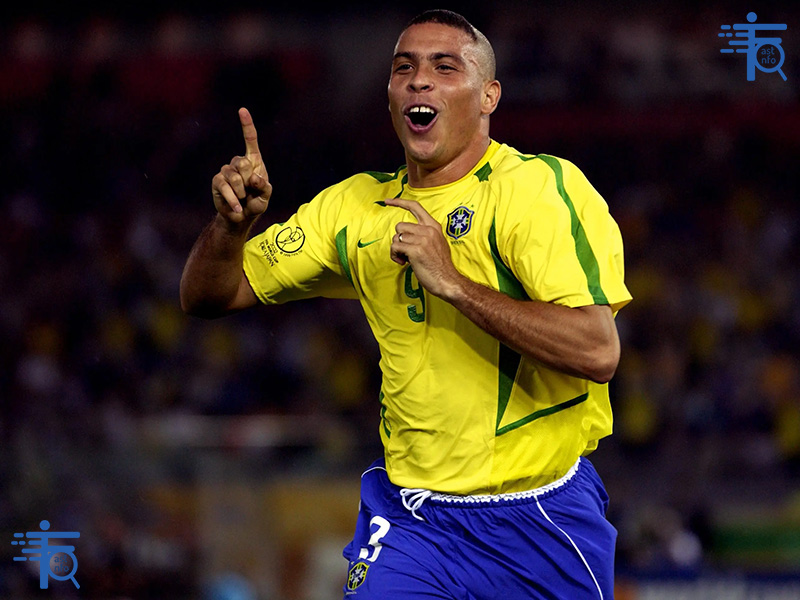
Ronaldo in the Brazilian national team
Ronaldo’s first appearance in the Brazilian national team was with his country’s under-17 national team. He won the South American Championship with this team in 1993 in Colombia. Ronaldo’s first match for the senior national team dates back to March 23, 1994, when he played a friendly match against Argentina. Ronaldo scored his first international goal on May 4 of that year in a match against Iceland. He was called up to the national team to participate in the World Cup in the United States that same year, at the age of 17. However, he was not included in the team’s squad for this tournament, and thus had a small contribution to Brazil’s victory in the 1994 World Cup. The following year, Ronaldo was still a reserve player who participated with his team in the Umbro Cup in England and won that cup with this team, and he only appeared in one match in the Copa América that same year. He celebrated his first international success in 1996, winning a bronze medal at the 1996 Olympics, and he became the third-highest scorer in the tournament, behind his forward duo, Bebeto and Argentine Hernan Crespo.
After that, Ronaldo became a regular for the Brazilian national team. In 1997, Ronaldo participated in the Tour de France, the Copa América and the Confederations Cup, winning the latter two with the Brazilian national team. At that time, Ronaldo and Romário formed a successful partnership in the Brazilian attack. However, the following year, when national team coach Mario Zagallo did not call Romário to play in the 1998 World Cup in France, the partnership was dissolved. Brazil was one of the first chances to win the tournament, but lost in the final to the hosts. Ronaldo, who was again in the attack alongside Bebetto, scored four goals in that tournament. He had a poor performance in the final, and this was despite being taken to hospital the day before the final due to a seizure of unknown cause. Following this, many players and pundits attributed Ronaldo’s condition, which had caused the team to lose focus, to Brazil’s defeat in the final. In addition, many rumors were spread that Ronaldo should not have played in the first place and was only included in the squad due to pressure from his sponsor. Of course, players and officials have remained silent on this controversial issue to this day. However, Ronaldo was voted the most valuable player of the tournament by the press and received the Golden Ball.
After that, he was away from the national team for a year, and then he appeared in the 1999 Copa América, and together with Rivaldo, led Brazil to the title. A few months later, his knee injury worsened so much that the match against the Netherlands on 9 October 1999 was his last international match for almost two and a half years. On 27 March 2002, he returned to the national team and, despite a long absence from the team, immediately went with the national team to the 2002 World Cup in Japan and South Korea. Ronaldo had a fantastic performance in this cup and was the top scorer of the World Cup with eight goals in seven games, and in the final match against Germany, he scored two goals to lead Brazil to the title. Ronaldo has not participated in major tournaments since that cup, including the Copa América in 2004 and the Confederations Cup in 2003 and 2005. His last major tournament was the 2006 World Cup in Germany, which was a disappointment for Brazil. The team was eliminated in the quarter-finals by France. Ronaldo was heavily criticized for his physical condition (fat and slow). Despite this, he scored three goals in four matches, making him the all-time leading scorer in all World Cups.
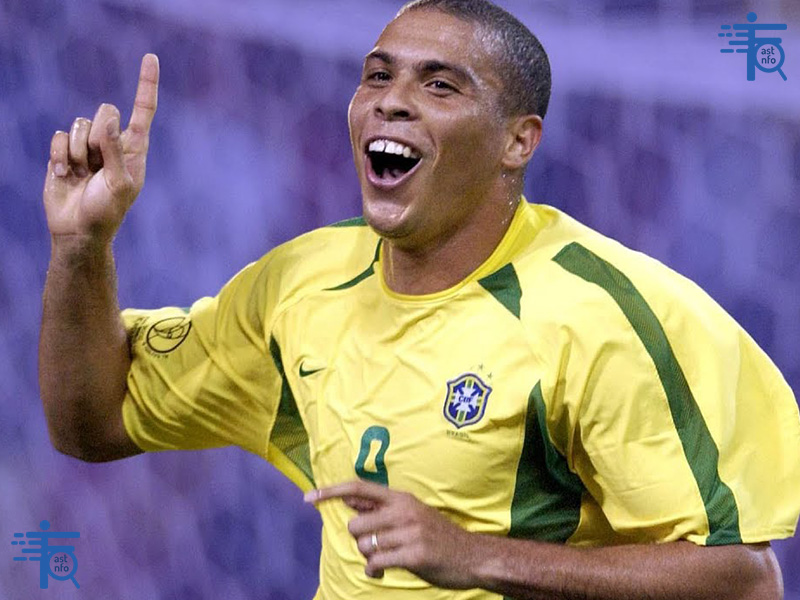
Ronaldo’s honors as a national player
Participation in the World Cup:
1994 (no match played) – Champion
1998 (7 games, 4 goals) – Second place
2002 (7 games, 8 goals) – Champion
2006 (4 games, 3 goals)
Participation in the Copa América:
1995 (1 game, no goal) – Second place
1997 (6 games, 5 goals) – Champion
1999 (6 games, 5 goals) – Champion
Participation in the Confederations Cup:
1997 (5 games, 4 goals) – Champion
Participation in the Olympics:
1996 (6 games, 5 goals) – Third place
Ronaldo’s honors as a club player
Cup champion in the European Cup: 1997
UEFA Cup champion: 1998
Club World Cup champion: 2002 and 2007
Super Cup champion European: 2002, 2007
Spanish Club Champion: 2003, 2007
Spanish Cup Champion: 1997
Spanish Super Cup Champion: 1996, 2003
Dutch Cup Champion: 1996
Brazilian Cup Champion: 1993, 2009
Minas Grais Regional Champion: 1994
São Paulo Regional Champion: 2009
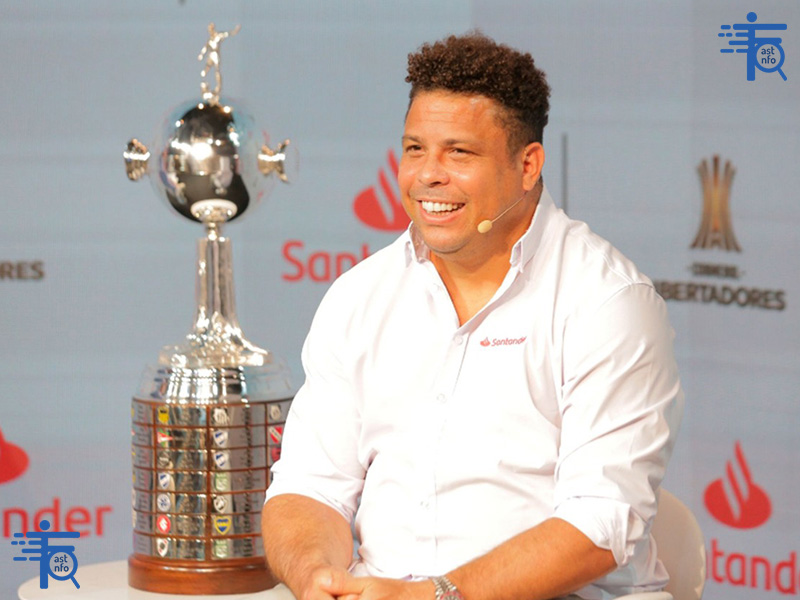
Ronaldo’s personal honors
Top scorer of the Copa Libertadores (1993–94)
Top scorer of the Copa Mineiro (1993–94)
Member of the Copa Mineiro Team of the Year (1994)
Top scorer of the Dutch League (1993–94)
Top scorer of La Liga with Barcelona (1996–97)
Top scorer of La Liga with Real Madrid (2003–04)
European Golden Shoe (European top scorer) (1996–97)
Best foreign player and La Liga Ballon d’Or (1996–97)
Most valuable player of the Copa América (1997)
Most valuable player of the Copa América Final (1997)
Member of the Confederations Cup Team of the Year (1997)
Most valuable player of the UEFA Cup Winners’ Cup (1997)
Most valuable player of the UEFA Cup Winners’ Cup ( 1996-97)
World’s top scorer as chosen by the World Football Federation (1997)
UEFA Most Valuable Player (1997)
Serie A Player of the Year (1997-98)
Serie A Foreign Player of the Year (1997-98)
UEFA Best Forward of the Year (1997-98)
3-time Bravo Award winner (1995-1997-1998)
Ballon d’Or and World Cup Top Scorer (1998)
UEFA Cup Most Valuable Player (1998)
Copa América Top Scorer (1999)
Member of the Copa América Team of the Year (1997)
Member of the Copa América Team of the Year (1999)
FIFA World Player of the Year (1996)
FIFA World Player of the Year (1997)
FIFA World Player of the Year (2002)
Best Player European Player of the Year (Balloon Award) (1997)
European Player of the Year (Balloon Award) (2002)
World Footballer of the Year (1996)
World Footballer of the Year (1997)
World Footballer of the Year (2002)
World Footballer of the Year (1997)
World Footballer of the Year (2002)
World Footballer of the Year (1997)
World Footballer of the Year (2002)
FIFA Silver Ball (2002)
Member of the FIFA 100 Club
Member of the World Cup Team of the Year (1998)
Member of the World Cup Team of the Year (2002)
World Cup Top Goal Scorer (2002)
Member of the UEFA Team of the Year (2002)
Winner of the Dream Comeback Award (2002)
Legends Award (2002)
BBC World Sportsman of the Year (2002)
Golden Foot Award (2006)
Member of the Brazilian National Hall of Fame (2006)
Best Player of the 10 Years in Serie A (97-2007)
Member of the 11 Best Players in Football History (2007)
Top Scorer in World Cup History
Paulista Cup Player of the Year (2009)
Best Player of the Last 10 Years in the World by Goal.com (between 2000-2010)
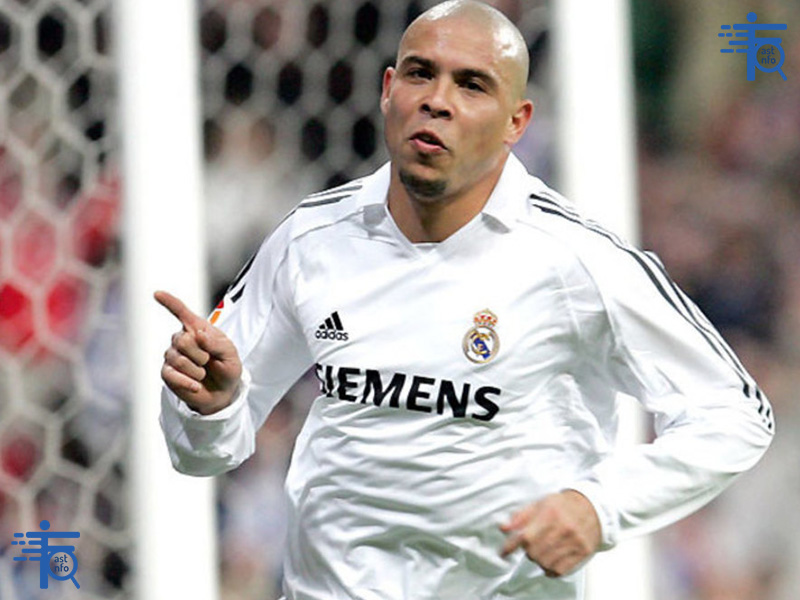
fastinfosearch site provides the best information
Suggested content:
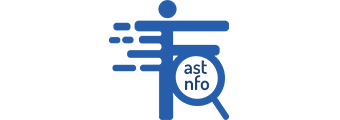




No comment